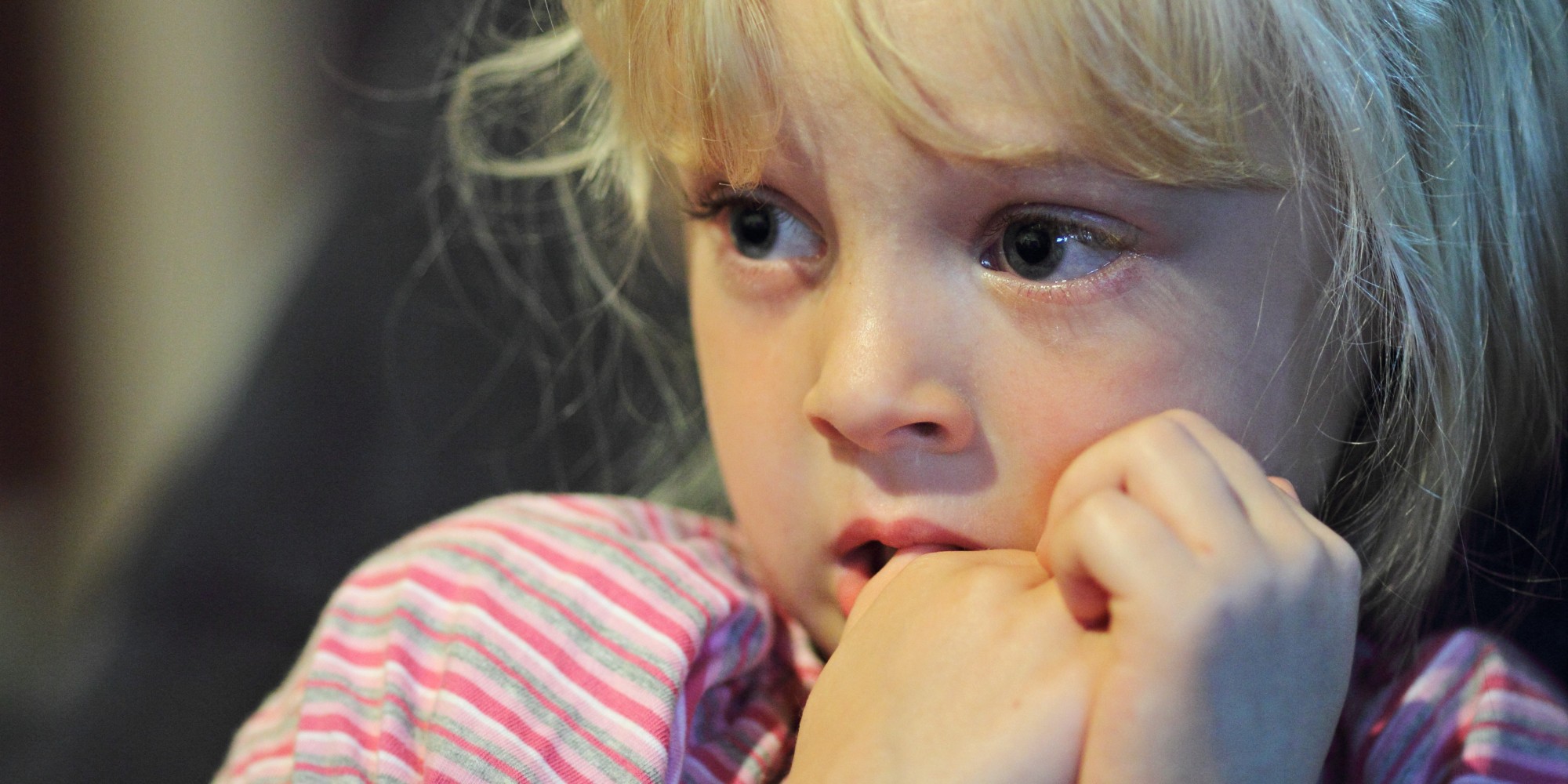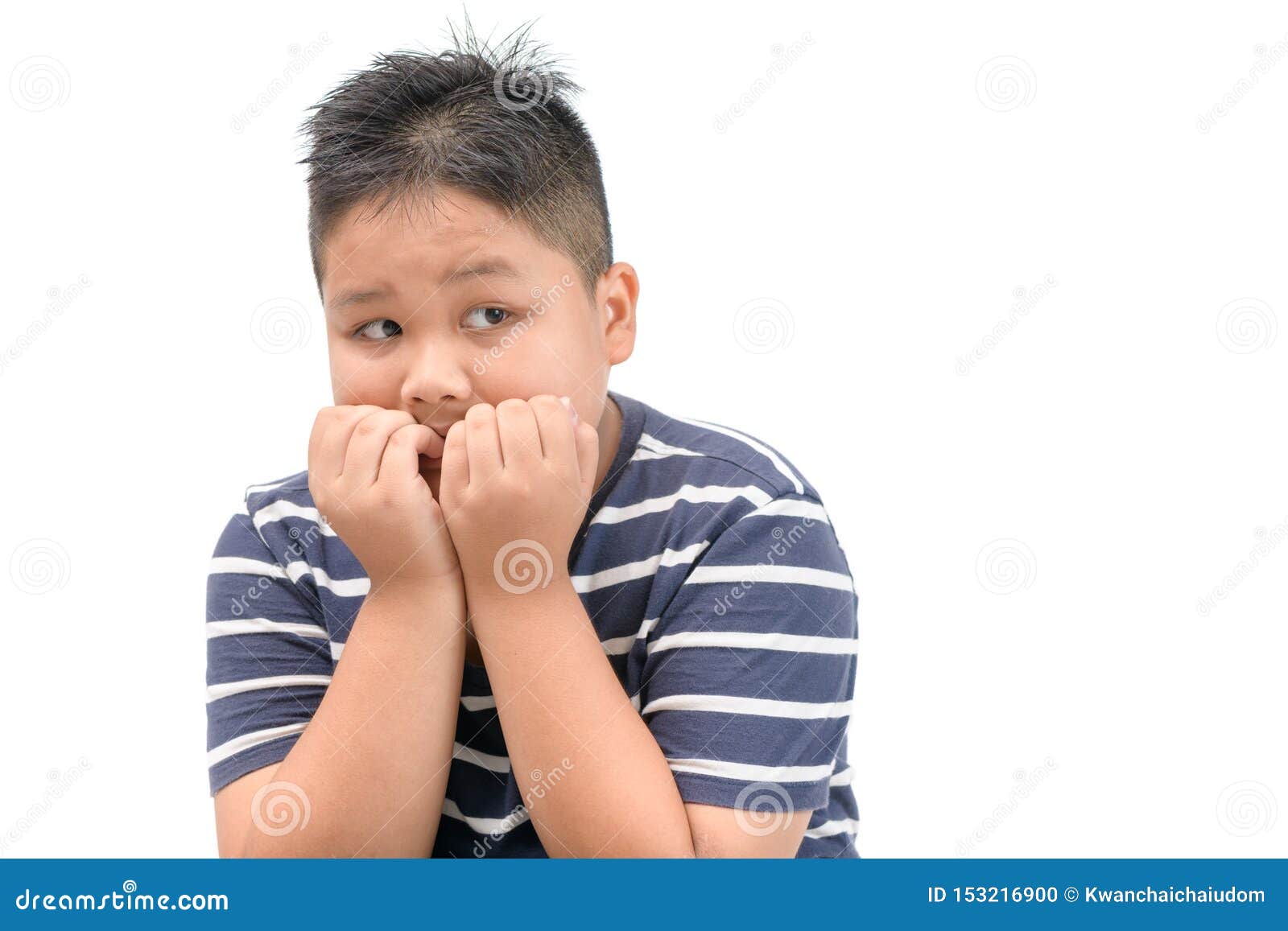

International Journal of Child Care and Education Policy, 11, 13. The importance of emotional competence and self-regulation from birth: A case for the evidence-based emotional cognitive social early learning approach. Empathy and moral development: Implications for caring and justice. Hastings (Eds.), Handbook of socialization: Theory and research (pp. Socialization in the family: The role of parents. Children's social sensitivity: Inferring emotions from conflicting cues. Toddlers' expectations of third-party punishments and rewards following an act of aggression. Davidson (Eds.), The nature of emotion: Fundamental questions (pp. Emotions are functional, most of the time.

Anger perception, caregivers' use of physical discipline, and aggression in children at risk. Journal of Child Psychology and Psychiatry, 43, 901– 916. Preschool understanding of emotions: Contributions to classroom anger and aggression. A., Caverly, S., Schmidt, M., Blair, K., DeMulder, E., Caal, S., Hamada, H., & Mason, T. Hastings (Eds.), Handbook of socialization ( 2nd ed., pp. The socialization of emotional competence. Externalizing behavior problems and discipline revisited: Nonlinear effects and variation by culture, context, and gender. The effects of the Fast Track Preventive Intervention on the development of conduct disorder across childhood. Conduct Problems Prevention Research Group.Journal of Abnormal Child Psychology, 30, 19– 35.
Scared emotion trial#
Evaluation of the first 3 years of the fast track prevention trial with children at high risk for adolescent conduct problems. Eisenberg (Eds.), Handbook of child psychology, volume 3: Social, emotional, and personality development. The interplay of externalizing problems and physical and inductive discipline during childhood. Journal of Genetic Psychology, 175, 528– 546. Children's moral emotions, narratives, and aggression: Relations with maternal discipline and support. Can attribution of a neutral emotional state in child discipline play an adaptive role in child internalising behaviour? Early Child Development and Care, 181, 967– 976. International Journal of Behavioral Development, 38, 118– 127. Parental control is not unconditionally detrimental for externalizing behaviors in early childhood. Journal of Consulting and Clinical Psychology, 46, 478– 488.
Scared emotion manual#
Manual for the Child Behavior Checklist/4- Profile. The results are interpreted in light of a functional view of emotions. Hierarchical regressions showed that child externalizing behaviour was negatively related to happy attributions in discipline independently of child emotion situation knowledge or demographics. Older children attributed significantly more sadness and less fear or neutrality. A two-way MANOVA, with discipline and child age as explanatory variables, showed that children attributed more anger at time-out or spanking than at induction, and more happiness and neutrality at induction than at either time-out or spanking. Based on emotional functions, we also tested the role of neutrality and happiness attributions to discipline in children's externalizing behaviour.

We expected these findings to be more pronounced in older children. We hypothesized that anger, sadness, and fear would have higher attribution rates at spanking or time-out, relative to inductive discipline and that happiness would have higher attribution rates at induction relative to the other discipline modalities.

With a sample from Brazil, this study examines which emotions children most aptly attribute to a protagonist facing spanking, time-out or inductive discipline for norm violations. Few studies have linked parental discipline with children's emotional experiences, and not much data explore children's emotional attributions to discipline linked to externalizing behaviour.


 0 kommentar(er)
0 kommentar(er)
